The PDU Podcast Webinars
The PDU Podcast is a series of 36 monthly webinars. The topics span the areas of project management, leadership as well as strategy and business. Each webinar was developed and is presented by an expert in the field.
List of Webinars

Month 01: Effective Meetings for Project Managers
Presented by Steve Kaye.
This presentation is aimed at helping you learn how to set up, conduct, and participate in effective project meetings. You will learn how to...
- Plan project meetings that produce results
- Conduct efficient, effective project meetings
- Find solutions, make decisions, and reach agreements that others will support
- Capture results so that people take action after the meeting
How this will change your project:
- People will treat meetings as a business activity
- Meetings will produce useful results
- Meetings will be held only when appropriate
- The work in a meeting will be more focused, more orderly, and more effective
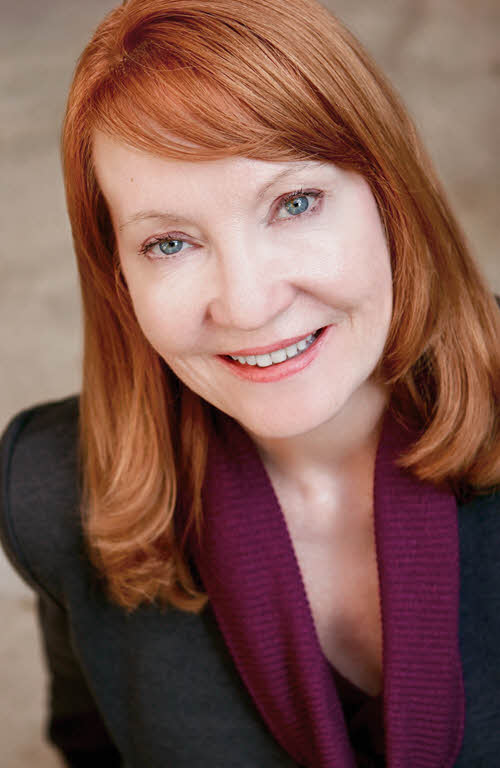
Month 02: Dealing with Difficult People
Presented by Margaret Meloni, PMP
Dealing with Difficult People is a complete step-by-step guidance to working on and with the difficult people on your team to improve relationships.
It provides tools and techniques in dealing with difficult and toxic individuals. Working with difficult co-workers is a cause of low morale, decreased collaboration and slows down productivity. The lecture teaches you and your employees the skills of handling those toxic personalities and bad attitudes that are plaguing your office and bring some civility back to your workplace.
You will learn how to identify the various types of difficult behaviors that can damage your team. You will learn how to employ strategies for dealing with difficult co-workers and employees so that you can work together effectively.
The lecture also helps you identify the triggers that can cause you to become a difficult person. It helps you to control your own behavior, because ultimately, in any given situation you are the only person you can control and understand that other people’s behavior is not about you, it is about them.
The lecture has six regular modules and two bonus modules that will teach you to be more confident to deal with difficult people. You will also be able to integrate the concepts discussed into your daily work life. Become the best you can be at Dealing with Difficult People!
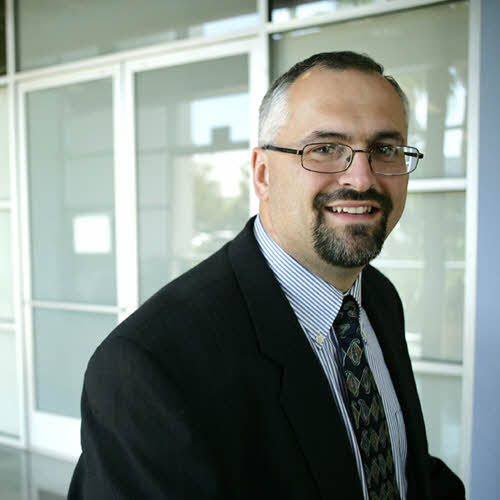
Month 03: High Performance PMOs – What makes a PMO Effective?
Presented by Thomas Cutting, PMP
A PMO serves two critical functions in an organization. First, it is the eyes and ears of management to identify problems and risks. Second, the team is in the uniquely positioned to help resolve these issues.
Through interacting with project managers, reviewing projects, and analyzing metrics, the PMO is able to pinpoint the challenges and opportunities presented to the company.
This presentation examines what makes a PMO effective in living out its purpose and gets your engine revved with ideas on what can be accomplished. For the individual already leading a PMO, it will allow you to spot check what you have and tune your organization with best practices that will increase your performance.
You will be able to articulate how a PMO resolves key organizational challenges; think in terms of organizational change to gain commitment; understand the role compliance plays in PMO success; develop a sense of community instead of oversight; and recognize speed bumps that can slow you down
The intent of this session is to present best practices used by high performing PMOs to raise the performance of their organizations.

Month 04: Managing Teams In A Virtual World
Presented by Diane C. Altwies, MBA, PMP
This video presentation is a webinar on how to create, manage and make your virtual team perform more successfully. Virtual teams are possible with the advance state of technology today. Project Managers can create their working teams with members taken from different locations or around the globe and each member doing their work through a virtual workplace.
Since virtual teams are not discussed in detail in A Guide to the Project Management Body of Knowledge (PMBOK® Guide), it is necessary to study how virtual teams can work effectively in teams. Project Managers and project team members can learn in this session how to make their team perform more effectively.
Topics discussed include:
- Selecting and building successful virtual teams
- Managing virtual team work efficiently
- Recognizing the challenges of working in virtual teams
- Resolving conflict in virtual teams
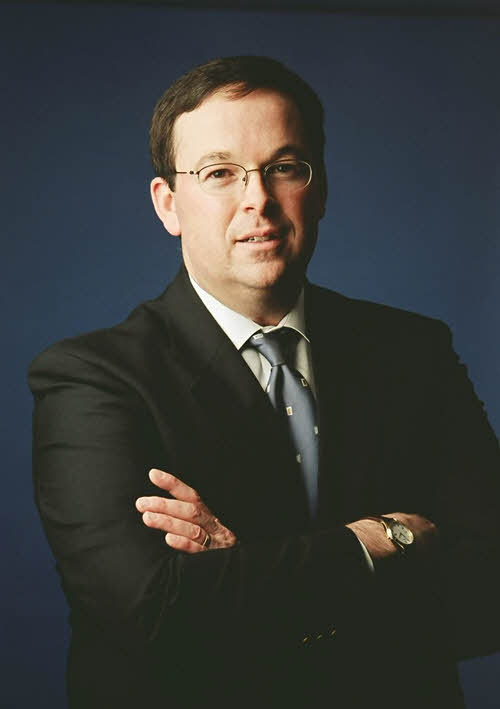
Month 05: The Strategic Project Leader
Presented by Jack Ferraro, PMP
Learn how to demonstrate that you are more than a mere project manager. Establish yourself as a Strategic Project Leader who can turn project management into a strategic advantage for the organization.
This PM Lecture™ will give you a self-directed plan to begin building your leadership competencies. This will show you how to make a difference with every project you lead. The first of two parts on this leadership topic, it will teach you to transform the way you lead your projects.
The Strategic Project Leader provides clear direction on how to implement leadership practices. Learn how to build trust with senior executives that will allow you to truly change the world through the value of the work you provide. Become the enabler of your organization.

Month 06: Build your Service-based Project Leadership Skills
Presented by Jack Ferraro, PMP
Master the art of Service-based Project Leadership by applying the techniques and concepts first presented in the book The Strategic Project Leader. In the Introduction to The Strategic Project Leader, you studied the foundations of Service-based Project Leadership. In this PM Lecture we take you to the next level, introduce you to several important service-based leadership concepts and give you a road map to success.
Build Your Service-based Project Leaderships Skills is a motivating seminar that ends with a plan that will take you to the next level in Project Leadership. This PM Lecture will teach you to comprehend the importance of building trust on projects, master techniques to build project relationships based on trust and apply the key components of trust: credibility, reliability, intimacy and low self-orientation.
Learn to understand the benefits of trust-based relationships and describe the difference between leadership and power, describe and use the importance of consultative leadership and being and advisor, and engage your customer and frame the issues appropriately, among other things. Stop providing just deliverables. Begin providing value.

Month 07: How To Conduct A Successful Teleconference
Presented by Eugene A. Dutz, MBA
The purpose of the presentation, “How To Conduct A Successful Teleconference” is to provide the basic ingredients needed to initiate and maintain an effective and efficient teleconference.
These ingredients are common to any meeting that achieves its stated goals. It is not “rocket science”. It’s simple meeting etiquette. The difference, however, is that everyone is not in the same place. You’re not eye-ball-to-eye-ball with your audience, which makes it more difficult to read their body language, to hear what they have to say, to make sure they have the opportunity to participate and to enforce the decorum that makes the participants look forward to the assembly.
After all, you are bringing them together to make decisions or for an informational session. In either case, you want them to be active listeners, even if they are in Timbuktu.
This presentation is designed to accomplish this objective.
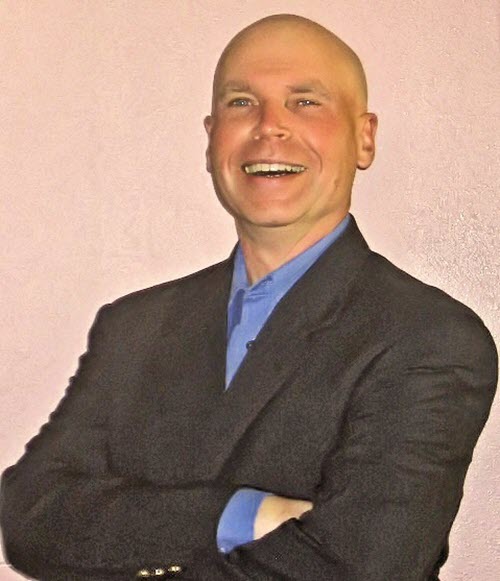
Month 08: Leadership Challenges of Complex Projects - Part 1
Presented by Stan Levanduski, PMP
This PM Lecture™ enables you to successfully resolve the challenging issues facing you when leading (or preparing to lead) large, complex projects because Stan Levanduski, PMP, gives you the means to understand, plan for and then manage these challenges. Don't be stuck in a career leading small projects. Let Stan Levanduski, PMP introduce you to a philosophy and process of successfully leading large and complex projects.
Stan lays the foundation by showing you what the difference is between managing and leading a project and then moves on to analyzing what complexity really is and how it is created. It gets really interesting, when he moves on to discuss the Chaos Theory and Complexity Science and delivers an incredibly captivating lecture on how these seemingly unrelated domains relate to how you need to lead complex projects.
Once you have understood this foundation Stan takes you step by step through the process of preparing for and planning a complex project. He discusses the increased importance of communication on complex projects and gives you the tools to respond to this need. And he also helps you to create an environment on your complex project that will lead to success.
This Lecture is a must for everyone who wants to move from simply managing a project to leading complex projects. Differentiate yourself from your competition!

Month 09: Leadership Challenges of Complex Projects - Part 2
Presented by Stan Levanduski, PMP
Part 2 of the 5.5 hour long presentation by Stan Levanduski, PMP
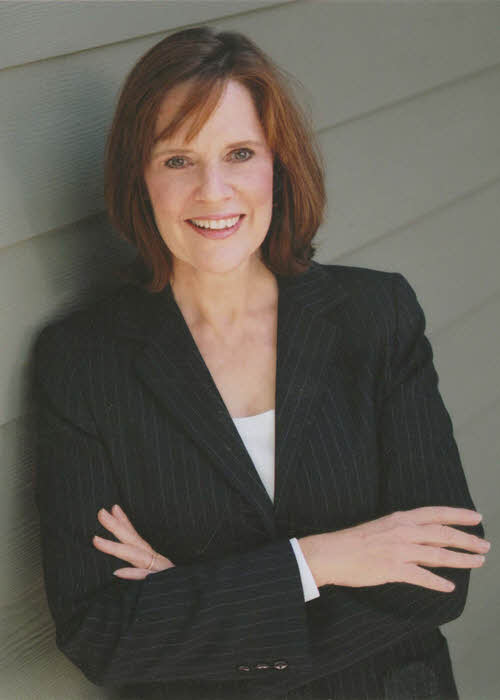
Month 10: Managing Stakeholder Expectations
Presented by Janice Y Preston, MBA, CPA, PMP
Managing stakeholder expectations was a new addition to A Guide to the Project Management Body of Knowledge (PMBOK® Guide) fifth edition, but savvy project managers have always understood the need to keep stakeholder interests in mind. This podcast will lay the groundwork for what you need to know to be ready to manage stakeholder expectations and will follow with tips and techniques to help your projects run more smoothly. The objectives of this podcast are:
- Identify key stakeholders
- Use a power and interest matrix to analyze stakeholders
- Develop techniques to set expectations with stakeholders
- Respond to stakeholders during project execution
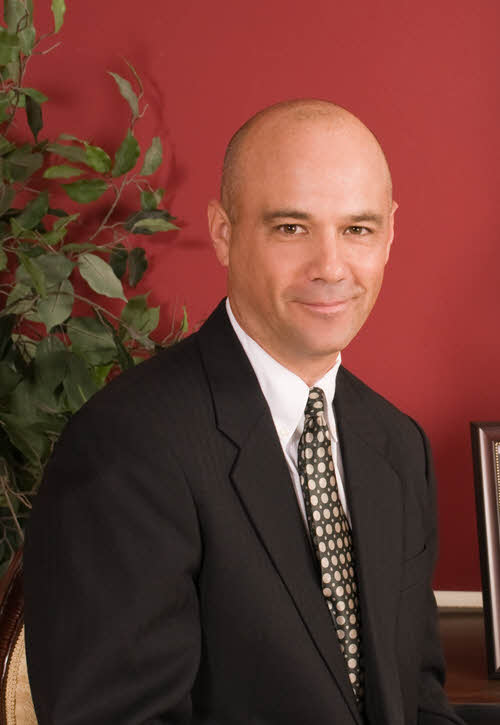
Month 11: PMO Management - Effective PMO Dashboarding
Presented by Mark Price Perry
What do executives want to see in a PMO Dashboard? How do today’s PMO Managers provide this information? What tools do they use?
At PMO and PPM conferences, these questions have been and continue to be the top questions asked by PMO Managers. This presentation provides PMO Executive Dashboarding Tips and Techniques that PMOs of all shapes and sizes can implement and has been given by Mark Price Perry at leading PMO and PPM conferences around the world.
Taken from material in Chapter 6, Executive Reporting - Keep it Simple, of Mark Price Perry’s best-selling book, Business Driven PMO Setup - Practical Insights, Techniques, and Case Examples for Ensuring Success, this presentation will give you practical insights and techniques that you can use to ensure the success of your PMO.

Month 12: The 4-Week PMO
Presented by Cornelius Fichtner, PMP.
Throughout his career, Cornelius Fichtner, PMP has participated in the setup of a number of PMOs. He has seen the good, the bad and those that failed.
Over these years he developed a simple and pragmatic approach that will enable a company to roll out the initial release of their PMO within 4 weeks. In this presentation he gives us a high-level overview of his approach.
He reviews the PMO setup problems he came across over the years, defines the 4 basic components of a PMO that exist in any company (even if they don't know that they have them), reviews a standard PMO implementation schedule and presents three 4-Week PMO case studies.
You will walk away with a blueprint of the general steps necessary to roll out the initial release of your PMO within 4 weeks.
Throughout his career, Cornelius Fichtner, PMP has participated in the setup of a number of PMOs. He has seen the good, the bad and those that failed.
Over these years he developed a simple and pragmatic approach that will enable a company to roll out the initial release of their PMO within 4 weeks. In this presentation Cornelius gives us a high-level overview of his approach.
He reviews the PMO setup problems he came across over the years, defines the 4 basic components of a PMO that exist in any company (even if they don't that they have them), reviews a standard PMO implementation schedule and presents three 4-Week PMO case studies.
You will walk away with a blueprint of the general steps necessary to roll out the initial release of your PMO within 4 weeks.

Month 13.1: Effective Presentations for Project Managers
Presented by Steve Kaye.
This webinar is aimed at helping project managers develop effective presentation skills in conducting meetings to achieve favourable results. It’s essential to recognize that showing this particular skill demonstrates leadership and the ability to think and communicate in public. It plays a significant influence towards career advancement and other opportunities.
It speaks the following wisdom:
- Importance of goal setting for every meetings.
- Knowing the audience expectation beforehand.
- Coming up with presentation plan.
- How practise makes perfect.
At the end of which, project managers are also given some tips on how to plan successful presentations in a short period of time.

Month 13.2: Do More With Less (Bonus Item)
Presented by Dr. Margaret Meloni, PMP.
Do More With Less is about time management. It’s a guide for project managers on how they can take charge of their lives to accomplish more in a limited period of time. It speaks of techniques on how to plan and organize daily schedule to accommodate more tasks.
This webinar is about setting rules and how to make the right decisions to achieve much better results. It teaches project managers to walk away from stress and walk the path to peace.

Month 13.3: What's Your Communication Style (Bonus Item)
Presented by Dr. Margaret Meloni, PMP
Are you a natural speaker or a shy observer? Do you like telling people what to do or do you say "yes" all the time? Are you having trouble getting along with your co-workers? Do you feel frustrated if you don’t get your point across?
These are only some of the questions that have baffled so many in the workplace. Being a member of an organization requires an understanding of how to communicate effectively with others to avoid conflicts. To accomplish company goals, you need to work together as a team. The exchange of ideas through meetings and discussions can sometimes lead to arguments due to the lack of communication.
Mastering the art of communication takes lots of practice. What’s Your Communication Style by
Margaret Meloni is a useful guide to understand others better.

Month 14: Stop Meeting Failure
Presented by Andreas Heilwagen, PMP
Have you ever tried setting meetings and most people don’t show up? Do you find yourself in the middle of a boring and unproductive meeting? Do you constantly start and end a meeting late? Stop wasting everyone’s time and your own! Learn how to set and conclude meetings successfully with the help of Andreas Heilwagen's informative Stop Meeting Failure.
Meetings are held for planning, organizing, delegating tasks and setting goals. If the meeting agenda is left unsettled, the meeting itself is useless. Time is running out and decisions will have to be made sooner or later. What do you when a meeting is going nowhere?
With Heilwagen's webinar, you will get valuable tips on how to plan a meeting from start to finish. You will also learn how to invite, encourage and motivate people to come to your meetings.
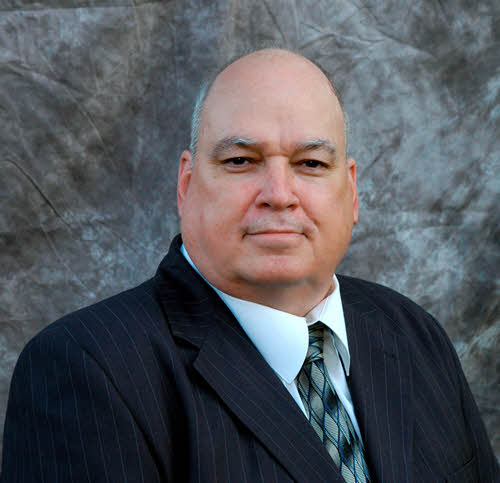
Month 15: Managing Scope from Cradle to Grave
Presented by Mike Graupner, PMP
This presentation is aimed at helping project managers develop the needed strategies to address the challenges of scope management. It covers the following learning:
- The impact of project management to scope management.
- The definition of the scope management process.
- The plan and control scope during the project.
- The identification and analysis of problems when scope is changing.
- The adaptation of working in teams and leading the scope management process.
- The evaluation of other people’s commitment to scope control.

Month 16: Project Monitoring and Controlling
Presented by Kristine Hayes Munson, PMP
This presentation aims to improve the processes used in monitoring and controlling projects. The topics will include the following:
- Review of A Guide to the Project Management Body of Knowledge (PMBOK® Guide) Basics
- Application of Plan-Do-Studying-Act-Cycle
- Variation of Special Cause and Common Cause
- Dangers of Management Tampering
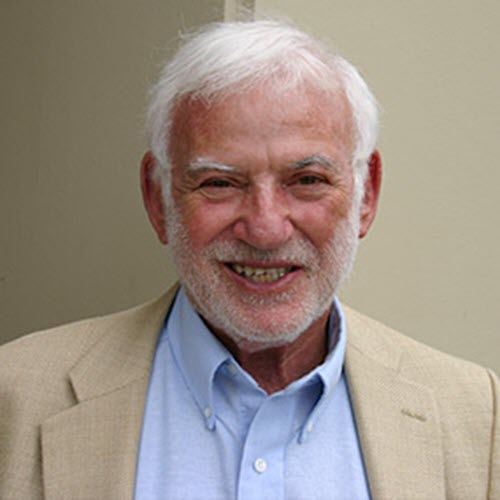
Month 17: Managing Small Projects
Presented by by Martin Wartenberg, MBA, P.E.
One size fits one!
All projects are not equal. Trying to execute a small project with a full-up framework and methodolody approach may turn out to be overkill. Small projects are typically executed by “accidental” or “casual” project managers rather than classically trained Project Managers who have been exposed to the complexity of processes and procedures contained in A Guide to the Project Management Body of Knowledge (PMBOK® Guide). The sheer size of the book as well as the complexity of the methodology often frightens the casual project manager into “just winging” it because the formal process appears to be overly complicated. A majority of project run in typical organizations are in the small to medium category (defined as 3 to 10 people for about 3 to 4 months) these usually involve project managers and team members who have had little or no formal project management training.
This pod cast is targeted at this group and provides “just enough” project management to be effective, but not so much that you are overwhelmed with complexity. We will cover all phases from Initiation through Planning, Executing, Control and Monitoring and finally close-out and will discuss the minimum levels of structure and process required for the casual or accidental project manager.
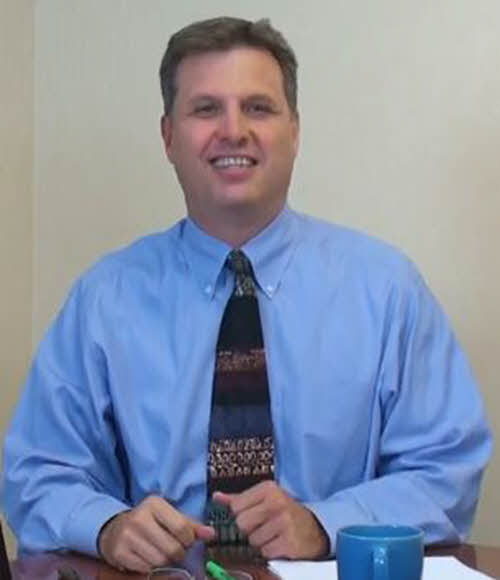
Month 18: How Do You Know When Your Project Is In Trouble
Presented by Wes Kahle
We've all felt that sense of unease about a project, whether it is just something that didn't sound quite right or a general anxiety that seems to be spreading through the team. But who steps forward to say "Houston, I think we have a problem?" The sad fact is that most projects fail, not by a destructive act, but by the gradual erosion of focus, commitment and confidence....and no one calls this out as we tell ourselves that 'it's just in our heads', 'there is no clear evidence of a problem', or 'things will get better'. What has been lacking up to this point is a benchmark, a template for both (a) assessing the health of a project before it implodes and (b) communicating objective information to others that can help everyone see the situation clearly. In this videocast we offer you 4 easy to use measures to dimension whether your project is in trouble or not so you can end the debate in your head and begin fixing things on the ground.

Month 19: An Overview of Agile Methods and Agile PM
Presented by Cornelius Fichtner, PMP
This webinar is intended as an introduction to Agile software development and Agile project management for project managers trained in traditional waterfall based methodologies. It includes an overview of Agile, a review of the Agile Manifesto as well as the Declaration of Interdependence and how they both relate to project management, an introduction to 7 Agile methods and you'll also get a series of criteria and methods that you can use to determine, if a project should or should not be implemented using Agile.
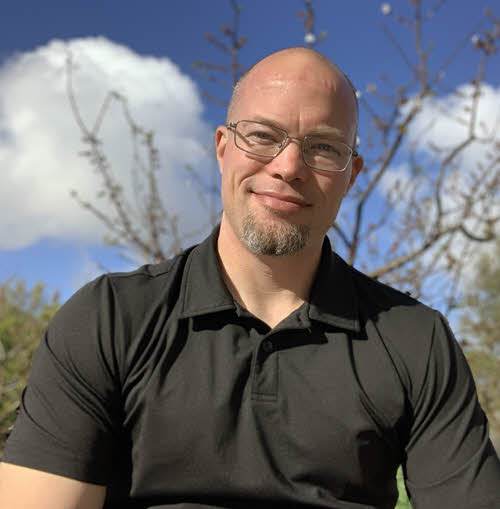
Month 20: Effective Project Execution with Lean Agile Kanban
Presented by Josh Nankivel, PMP
Kanban is a method for developing products with an emphasis on just-in-time delivery while not overloading the developers. It emphasizes that developers pull work from a queue, and the process, from definition of a task to its delivery to the customer, is displayed for participants to see.
In this presentation, Josh shows you exactly why Kanban is so powerful and why. Then you will witness Kanban in action and come away with a deep understanding of the process and how to implement it on your own project teams immediately.
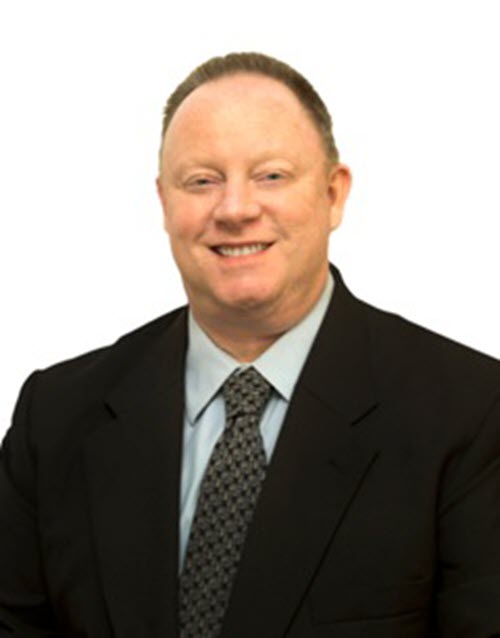
Month 21: Implementing Effective Risk Response Strategies on Your Projects
Presented by Kevin Reilly, PMP, CSM
Risks are an inherent part of every project, regardless of size or complexity. Understanding how to identify risks (both negative and positive), create response strategies for these risks, and monitoring and controlling them on you projects will ultimately mean the difference between project success or project failure. This webinar will concentrate on the different types of risk response strategies for negative and positive risks on your projects, as well as risk control techniques that have proven to be successful in the field. Theory will be mixed with real-life examples to drive home the concepts, and suggested action steps will be presented so that you can implement the concepts on your actual projects.

Month 22: Project Communication Virtual and Global Team
Presented by Mike Graupner, PMP
Communications in projects are usually critical, but often approached in a casual fashion. In this webinar Mike Graupner, PMP/CSM takes you on a journey through project communications starting with the earliest models up to today's latest research on how communication works. This presentation introduces basic communication theories and how to apply them in project manager daily activities. Learn how to remove virtualization, globalization and globalization barriers. Understand the impact of social media and devise strategies to improve your own communications.
By approaching communication as a process, and using a process that takes into account virtual and global team members, the project manager will gain tools to carefully craft the message and be able to have a greater success in getting the messages understood and acted upon.
Mike Graupner, PMP

Month 23: Lessons Learned Framework
Presented by Mel Bost
The Project Closeout and Lessons Learned Webinar discusses a framework for capturing, documenting, and sharing project lessons learned from recently completed projects. It integrates well with existing Project Risk Management Plans for projects.
First, we discuss the single project case in which a project manager wishes to document lessons learned at the close of a project he has just completed. Second, we briefly discuss what I call “the multiple project case” in which the lessons learned arise because several projects were subject to the same project environment.
Both of these topics are covered extensively in my forthcoming book about Project Lessons Learned.
Although this webinar is about Project Lessons Learned, the topic “Lessons Learned” is so important in our everyday lives that we have to take a closer look. So I spend a few introductory minutes laying the groundwork for lessons learned in the project context.
This webinar focuses on project lessons learned as a mechanism and framework for closing out projects and contributing to continuous process improvement.
Note the emphasis on Framework, Projects, Process and Continuous Improvement. These concepts are key in our understanding of Project Lessons Learned. You might want to take a moment to review in your own mind these familiar concepts.
What are our Learning Objectives for this Project Closeout and Lessons Learned webinar?
First, to identify lessons learned in a project context.
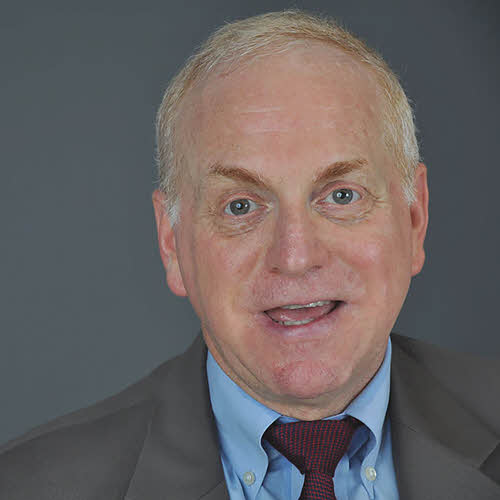
Month 24: Why Strong Ethics are Important for PM Success
Presented by Jeff Furman, PMP
In this engaging presentation/interview with Cornelius, Jeff discusses the “taboo topic” of ethical issues PMs often face on their projects, and how bad ethics can be very bad business, impacting project success and the bottom line.
He gives a wide range of examples: some from the news, some which were shared by his Project Management Professional (PMP)® students in discussions in his many classes, and some from his own diverse experience as an IT PM and Trainer for Fortune 500 financial companies in Manhattan.
He analyzes these examples from the point-of-view of A Guide to the Project Management Body of Knowledge (PMBOK® Guide), mapping them to specific clauses in the Project Management Institute (PMI)® Code of Ethics and Professional Conduct.
And he offers many tips and suggestions to help PMs handle ethical issues in the future. He also shares exercises and tools from his PMP classes and from the robust ethics chapter in his book: “The Project Management Answer Book.”

Month 25: Conflict on the Fly
Presented by Margaret Meloni, PMP
Wouldn’t it be wonderful if you could decide exactly when and where all conflicts would take place?
Well this is not always possible. There will be times when conflict will just happen and when it does, you need to handle it.
No worries, you have ‘Conflict on the Fly’ to help you prepare for unplanned conflict. Just as you can plan for risks that are ‘unknown unknowns’ you can prepare for unplanned conflict.
Conflict on the Fly will help you:
- Understand that conflict can be productive
- Determine when conflict resolution can or cannot be postponed
- Identify when you should or should not act as the mediator
- Create good conflict resolution ground rules
Remember, teams that face conflict together can emerge with stronger professional relationships and evolve into a high performing team.

Month 26: Agile PM: User Stories
Presented by Cornelius Fichtner, PMP
In this webinar Cornelius Fichtner, PMP introduces you to the concept of applying User Stories on Agile projects. We answer the following questions:
- What are User Stories?
- Why were User Stories Developed?
- Are they a team effort or the responsibility of one person?
- Who owns User Stories?
- What’s the best way to create User Stories?
- Are User Stories the same as Use Cases?
- What are the shortcomings of User Stories?
- Why do User Stories Drive the Agile Project?
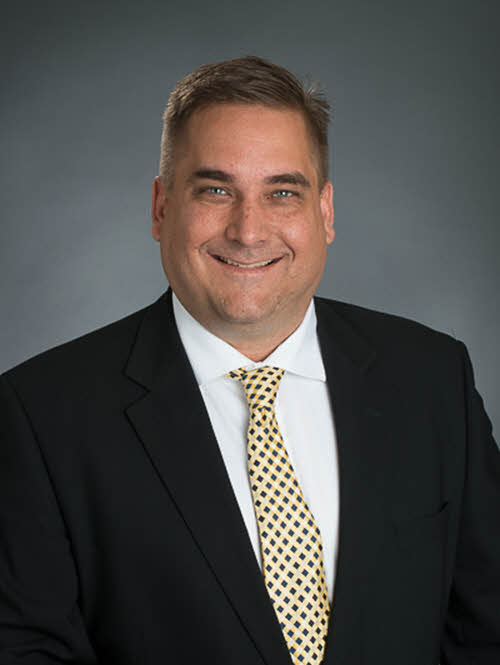
Month 27: The Project Collaboration Tools That Rock
Presented by Andrew Makar, PMP
The Project Collaboration Tools That Rock presentation discusses the importance of results-oriented collaboration without the traditional administrative burden. The discussion highlights how traditional collaboration tools (email, file server/web-based document repository) are not as effective as a set of integrated tools that combine collaboration with task and workflow management. The presentation also highlights important characteristics in leading Web 2.0 collaboration tools.

Month 28: Introduction to Scrum Project Managers
Presented by Cornelius Fichtner, PMP
This 2-hour long webinar is an introduction to Scrum for project managers who come from a traditional, waterfall-based background. Cornelius Fichtner, PMP takes you step by step through all the components that make up the Scrum framework. You will learn about the framework in general, the roles used on a Scrum team, the meetings used in Agile and events that are unique to Scrum, the artifacts used on all projects and how they all work together to bring a Scrum project to successful completion. Particular emphasis is placed on the communication that needs to happen between the Scrum team members as well as from the Scrum team to the other stakeholders on the project.
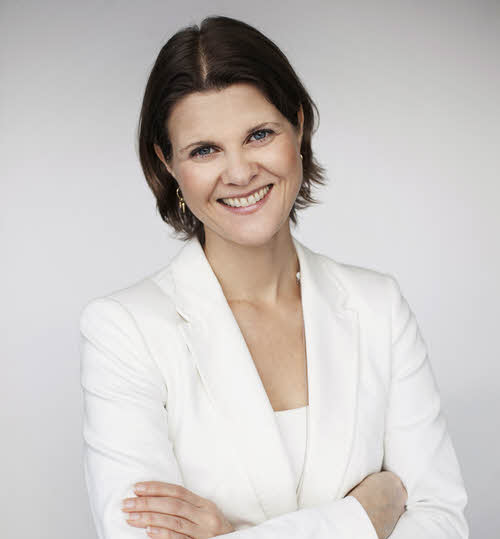
Month 29: Project Leadership
Presented by Susanne Madsen
In this webinar on project leadership Susanne Madsen presents hands-on tools and techniques empowering project managers to improve their project leadership skills. Susanne achieves this by taking the participants through the following steps: Challenge the status quo, lead with vision, build relationships, effectively lead and motivate your team, adapt your leadership style, effectively manage senior stakeholders, spend your time pro-actively and delegate and most importantly she challenges everyone to step outside of your comfort zone.

Month 30: Sustainability
Presented by Dave Shirley & Rich Maltzman
This webinar challenges attendees to ask themselves which characteristics of projects make managing them such a compelling career choice and asserts that one of the answers has to do with the way in which projects fit into the overall scheme of the organization or enterprise.
With that backdrop and at least a tiny piece of that existential mystery solved, it covers the drivers that are currently accelerating enterprises and organizations towards “Triple Bottom Line” thinking at the strategic level, and highlight some that are making a difference (in all three).
Next, introducing the concept of Greenality, and moves move to the core of the webinar – asking, “How does sustainability thinking intersect with project management?” Where are they aligned, and where are they (apparently) in conflict? How can project managers make a difference? What tools exist that can help us bridge the apparent conflict between the task and deliverable-oriented project and the steady-state, long term hum of operations?
Finally, it challenges attendees to learn more about sustainability thinking and demonstrate that this expanded mindset can contribute not only to the altruistic goals of saving energy, reducing pollution, and treating people fairly, but that it can directly serve their projects and their organizations with tangible benefits. The webinar closes with an invitation to directly collaborate in a non-profit organization devoted to combining sustainability thinking and PM.

Month 31: Seven Factors to Successfully Lead Global Teams
Presented by Dave Cornelius, MBA, PMP, PMI-ACP
This webinar is aimed at senior project managers who lead culturally diverse, global teams and who want to raise their level of success in leading the team. In this course Dave Cornelius, MBA, PMP, PMI-ACP, CSM, Six Sigma BB, ITIL V3, takes the participants step by step through the 7 factors that will increase team cohesiveness and take them to the performing stage. We learn about the need for cultural intelligence, communication, leadership, partnership, conflict management, best practices and we close with delivering the promise and business value of a successful global team.

Month 32: Agile PM: The Crystal Family
Presented by Cornelius Fichtner, PMP, CSM
This webinar is aimed at project managers who wish to learn more about the Crystal Family of Agile development methods. It is an in-depth discussion of the methodology's history, priorities, properties, principles and techniques. We close with a look at the characteristics, roles and work products used in Crystal Clear, Crystal Orange and Crystal Orange Web.

Month 33: Planning and Initiating your Project
Presented by Susanne Madsen
In this webinar project management coach Susanne Madsen takes you through the 14 suggested steps needed for initiating and planning your project. These 14 steps are not a theoretical approach but stem from her own experience as a PM and PM coach leading and consulting on projects. All the way from step 1 "Plan your work" through step 5 "Define project scope" to step 14 "Document the approach" she offers engaging examples and hands-on explanations that will help you in initiating and planning your own projects more systematically. As part of this webinar you will receive a free Project Initiation Document that brings everything learned together and and come alive.

Month 34: PMO Success Stories
Presented by Mark Price Perry
In his webinar Business Driven PMO Success Stories, Mark Price Perry takes you from the question "Why do PMOs fail?" to the understanding that Project Management Offices need to have a clearly agreed mandate from the management team. He uses a real life case study example of a failed PMO, shows how the turnaround was achieved and then describes how these lessons learned were applied to 5 PMOs from around the world leading to their success.

Month 35: Customer-Centric Project Management
Presented by Elizabeth Harrin, MA, FAPM, MBCS
Customer-Centric Project Management was born out of Elizabeth Harrin's realization that their internal IT department received consistently poor feedback on the services delivered. In this engaging presentation Elizabeth introduces you to the concepts of C-CPM, how it was applied in their services department and on projects, and gives you an 8-step approach on how you can implement C-CPM in your own organization.

Month 36: Transitioning to a Team Leader
Presented by Mike Graupner, PMP
This is an actionable webinar in which Mike Graupner, PMP helps you master four areas of team leadership. They are: How to develop a management perspective; Handling changes in relationships; Understanding what the team needs from you; and Communicating effectively. The presentation is packed with Mike's own experience and best practices of transitioning from a "normal" project manager to a successful, respected team leader. Applying his recommendations will set you apart from everyone else. Have pen and paper ready during the presentation to take notes and create your own checklist of items you want to start implementing tomorrow.